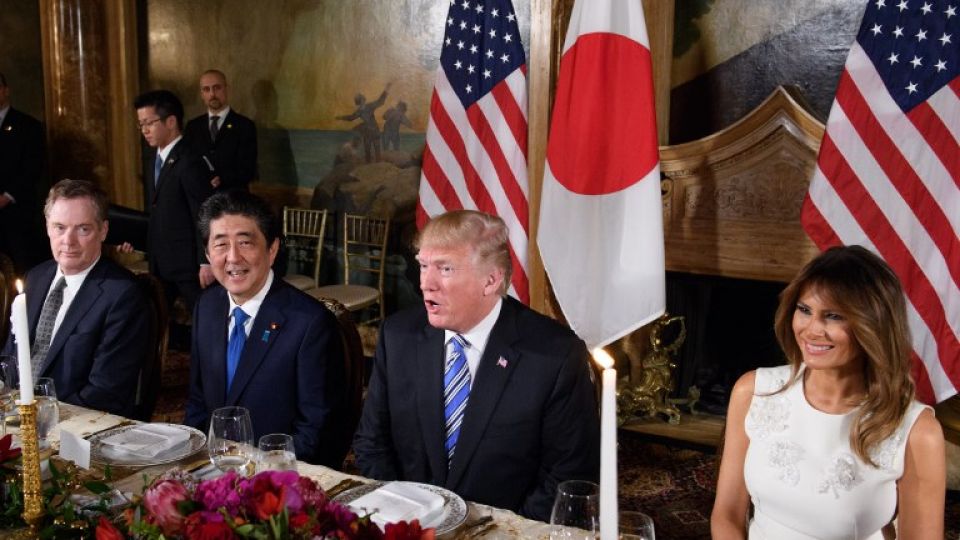September 16, 2019
The total is due to exceed 2018’s record of 421 tons.
Japan and the United States have agreed to scrap a 200-ton annual low-tariff quota for Japanese beef exports under a new bilateral trade agreement reached in principle, The Yomiuri Shimbun has learned.
Under the agreement, Japanese beef would be subject to a different low-tariff quota, opening up the possibility of exports to the United States to expand significantly.
With the popularity of Japanese beef in the United States rising amid a boom in Japanese cuisine, exports would be expected to increase further going forward.
A low-tariff quota of 200 tons per year is currently in place for beef imported from Japan to the United States.
A tariff of 4.4 U.S. cents (about ¥5) per kilogram is levied on exports within the quota. Depending on the price of beef, this can represent a tariff rate of less than 1 percent.
A tariff of 26.4 percent is placed on beef exports above the quota.
Negotiators agreed to scrap the 200-ton low-tariff quota and place Japan in a category that excludes major beef-producing nations such as Australia, New Zealand and Canada, sources said.
Japan and other countries in the category would be able to export a combined total of about 64,000 tons of beef to the United States per year under the low tariff rate of 4.4 cents per kilogram.
Exports of Japanese beef to the United States have grown in recent years. In 2015, exports exceeded the 200-ton quota, reaching 206 tons. In 2018, Japan exported a record 421 tons of beef to the United States. Beef exports in 2019 had exceeded the low-tariff limit by March.
According to the Agriculture, Forestry and Fisheries Ministry, the average price of beef exported to the United States is around ¥8,000 per kilogram, which under the 26.4 percent tariff means a price increase of around ¥2,000. Expanding the low-tariff quota will increase opportunities for Japanese businesses to sell beef to U.S. consumers at affordable prices.
The United States agreed to an initial 3,000-ton duty-free quota for beef exported from Japan to the United States under the now-defunct Trans-Pacific Partnership trade pact that was to be gradually expanded until the agreement’s 15th year when all tariffs were to be abolished. However, this was never realized after the United States withdrew from the pact.
Japan has agreed to gradually reduce its 38.5-percent tariff on U.S. beef to 9 percent, about the same as that imposed on imports from nations under the revised TPP.
An emergency “safeguard” that would keep imports within a certain range will also be established to protect domestic producers from a sharp increase in imports, the sources said.Speech



